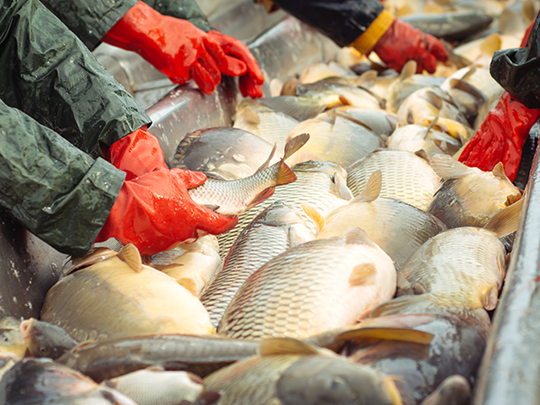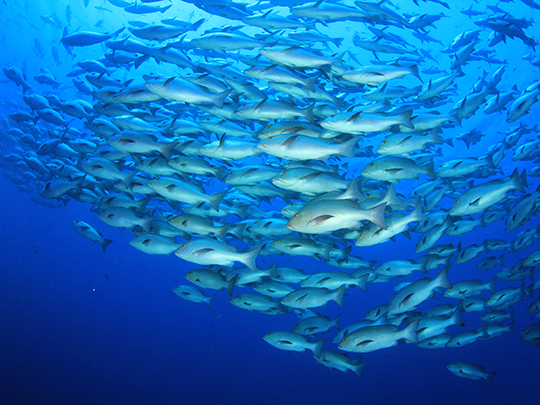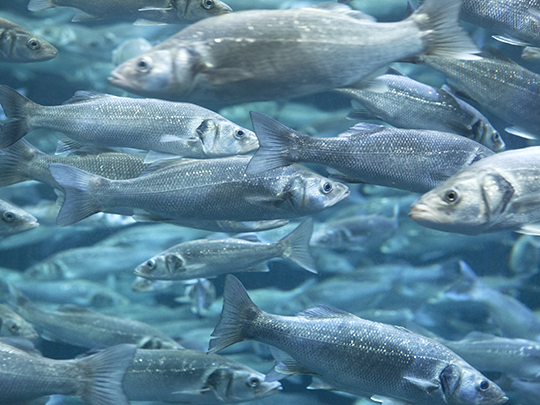The Aquaculture Research Group research activity focuses on sustainable aqua development. Are phytogenics the solution?
Aquaculture is one of the fastest-growing sectors of animal production. Virtually all the increase in the amount of the fish consumed comes from aquaculture versus from fisheries. By 2030 it is expected to provide 60 percent.

A lot of efforts done during the last decades to replace a significant percentage of marine raw materials in cultured fish diets by ingredients from terrestrial origin.
However, in some cases this replacement has some negative growth performance, health, welfare and disease resistance associated effects.

Sustainable aquaculture: Phytogenics, one tool in the toolbox
PROINMUNOIL plus (AGL2016-79725-P) is the name of the project, funded by the Spanish Ministry of Science, Innovation and Universities. It aims to develop a functional diet addressed to improve and reinforce fish mucosal tissues, such as gill, gut and skin in fish fed sustainable feeds (low fish meal and fish oil content) where Delacon is collaborating providing phytogenics.
“The use of phytogenics as stress response modulators, as anti-inflammatories addressed specifically to mucosal tissues and as regulators of microbiota populations, could help the sector to improve fish growth performance, disease resistance and nutrient digestibility. “
“We observed a reduction of the typical posterior gut inflammatory-like status derived from low fish meal and fish oil diets feeding, a protective effect against oxidative stress and a reduction on the primary stress indicators levels, such as plasmatic cortisol.”
Dr. Daniel Montero and Dr. Silvia Torrecillas see phytogenics affecting the future aquaculture production: Functional feeds could be an effective tool in order to achieve a sustainable development for aquaculture sector.

Grupo de Investigación en Acuicultura, GIA is
- headed by Dr. Juan M. Afonso
- formed by 40 dedicated and passionated for science staff
- part of the University Institute in sustainable aquaculture and marine ecosystems (ECOAQUA)
- and the University of Las Palmas Gran Canaria
A fast response in industrial processes and added value products requires a multi-disciplinary approach. Thus, GIA closely collaborates with leading biotech institutions around the world. Besides, GIA has a close relation with countries in America, Asia, Africa and the Intercontinental Atlantic Campus. It allows GIA to be seriously committed to cooperation for aquaculture development in several countries of these continents.
“We believe on the sustainable development of aquaculture to meet the growing demand for high quality fresh fish products highly beneficial for the consumers’ health.“


Katharina Mayrhuber
Katharina loves to learn, discover and tell feed and food stories globally - using Social Media, visual communications and media relations. She is currently not working actively at Delacon.










